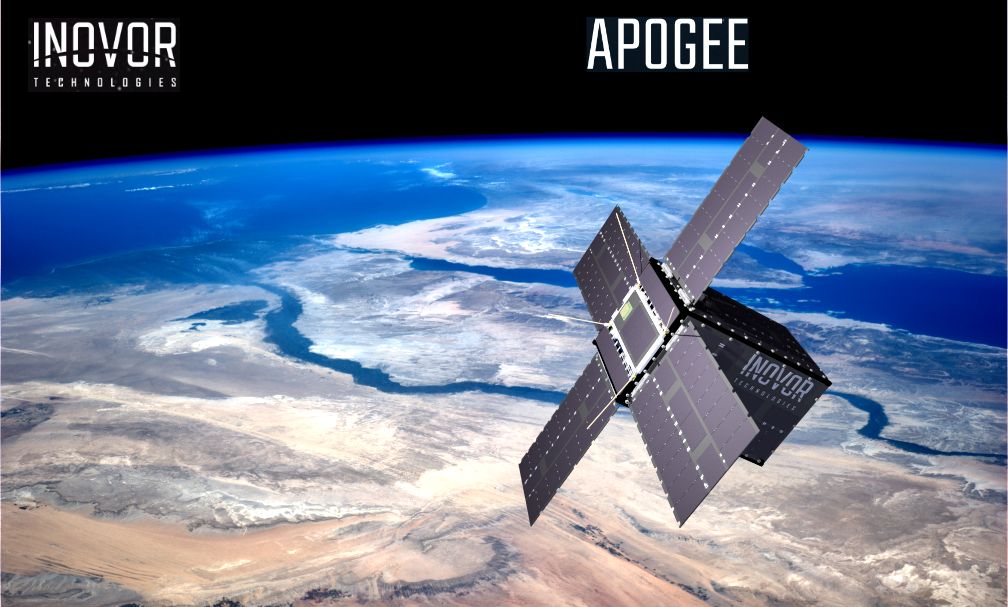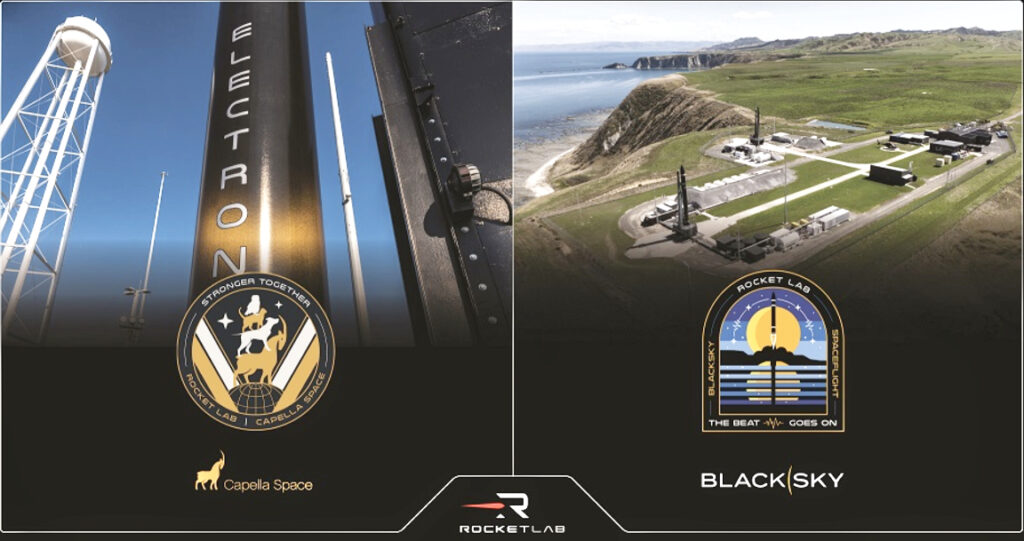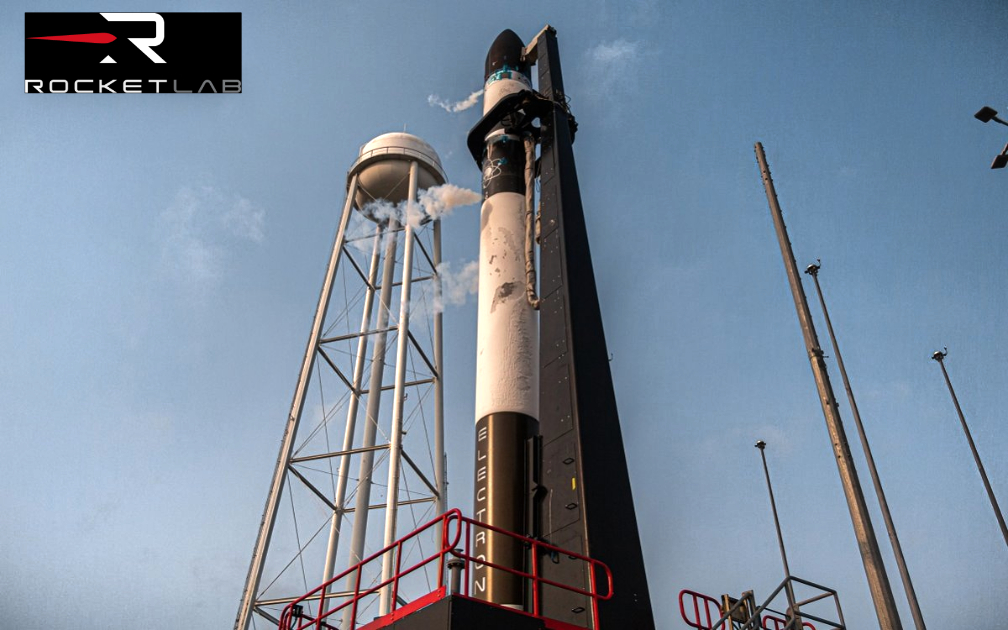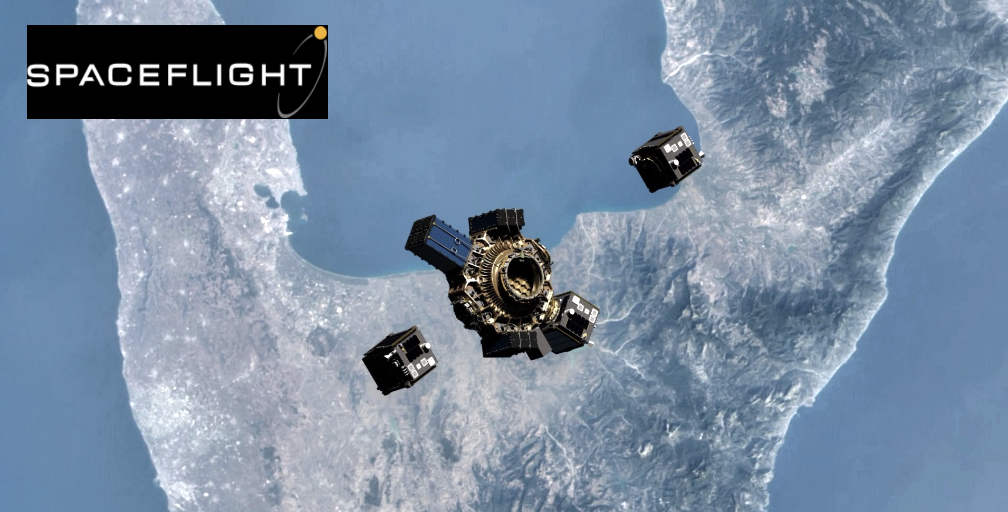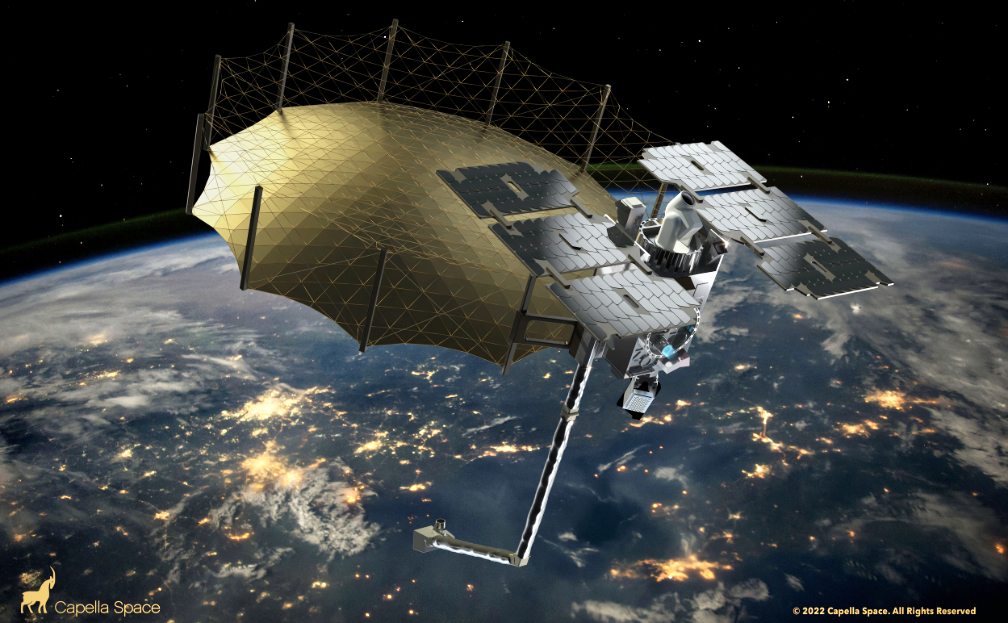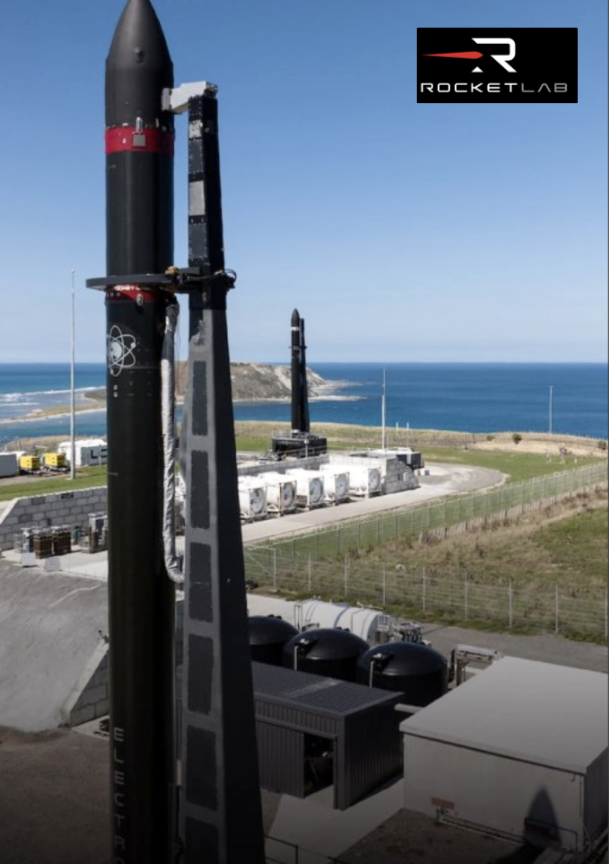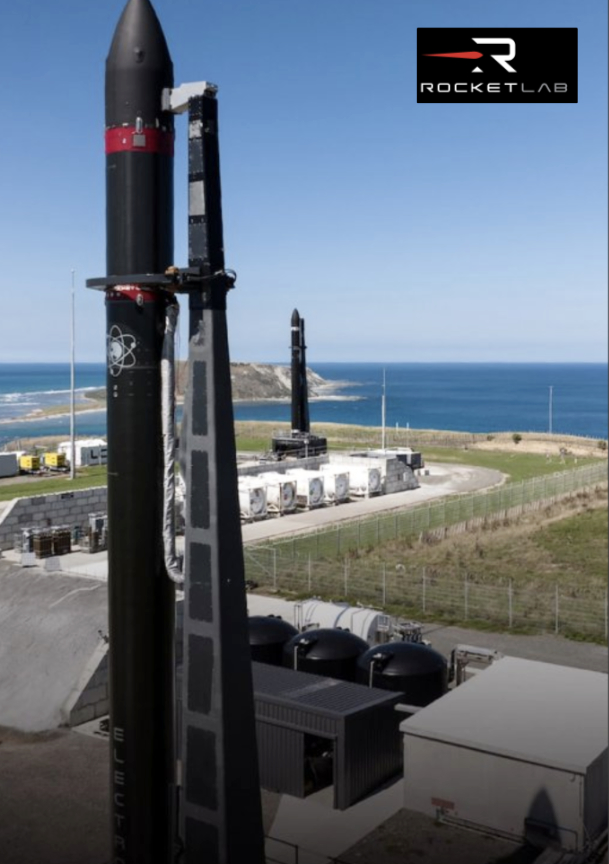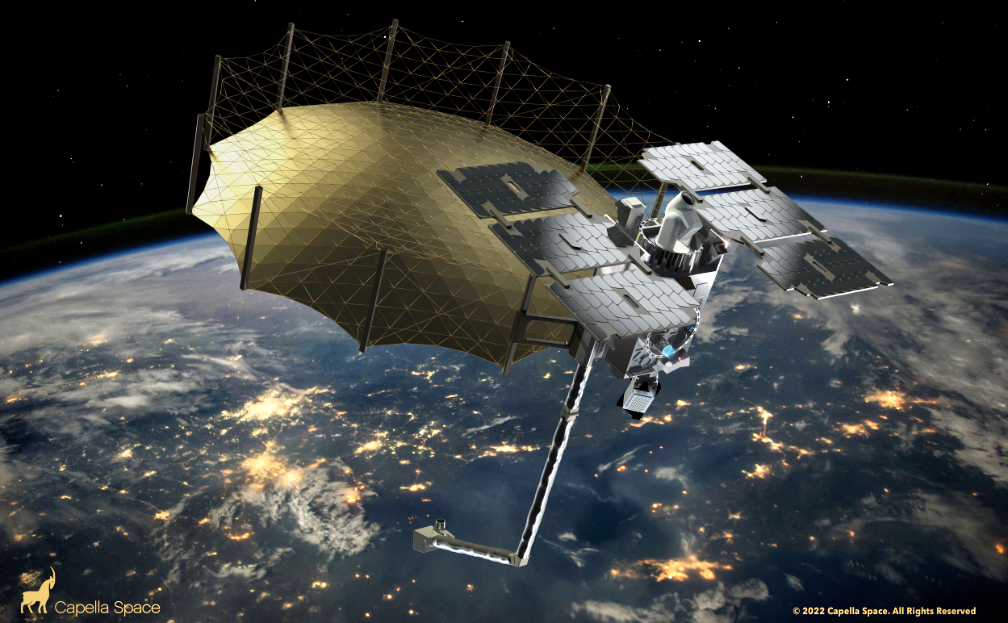
West Virginia University Research Corporation has awarded TMC Technologies (TMC) a contract to be the private partner in creating and operating the West Virginia (WV) Small Satellite Center of Excellence (WVSSCE) in Morgantown, WV.

The creation of the WVSSCE is made possible through a U.S. Department of Commerce’s Economic Development Administration (EDA) grant awarded to West Virginia University and the NASA West Virginia Space Grant Consortium.

The WVSSCE will develop smallsat modeling/simulation software, verification and validation; and advanced aerospace manufacturing services for commercial, academic, and government customers. TMC will collaborate with WVU to provide high-level software and hardware engineering expertise in spacecraft and smallsat development, manufacturing, and program management. TMC will also provide strategic marketing and outreach support to capture additional investment from the public and private sectors.
The Center will be a hub for smallsat research, development, testing, production, and commercialization, and “truly an innovation incubator that meets the needs of an industry that meets the needs of customers,” according to Dr. David Martinelli, professor of civil and environmental engineering at the Benjamin M. Statler College of Engineering and Mineral Resources and WVSSCE Program Lead.

The inspiration for the WVSSCE is rooted in the highly successful Simulation to Flight-1 (STF-1) SmallSat mission, also known as “West Virginia’s First Spacecraft.” TMC led the effort in 2014 alongside WVU, NASA, and other partners to design, build, launch, and operate STF-1, which has been working near peak efficiency for more than 1,530 days in LEO.
WVSSCE also includes an educational component that fosters careers in science, technology, engineering, and mathematics (STEM).
“Since returning to West Virginia 30 years ago to help build the technology industry here, this award is among the most exciting accomplishments to date,” TMC President and CEO Wade Linger said, referring to the award from WVU. “A West Virginia-based small business will now act as the technology catalyst in leveraging the academic prowess of WVU and the entrepreneurial spirit of a small business to build a world-class Small Satellite Center in West Virginia.“
“We are excited to partner with TMC,” Martinelli said. “Their team of smallsat engineers and scientists have pioneered SmallSat development, modeling, and simulation technology for NASA and West Virginia. We’re going to use the SmallSat Center as an opportunity to aggressively hit STEM-related careers. I will look at all possibilities to showcase what we’re doing to K-12 students across the state.”
TMC Vice President of Federal Civilian and Commercial Programs, Denise Lindsey, will oversee the contract for TMC. “I am extremely proud of the teamwork that went into making this a reality,” Lindsey said. “TMC’s Chief Scientist, Scott Zemerick, and his team’s deep knowledge and experience with SmallSat hardware and software will be invaluable to WVU and the WVSSCE.”
TMC Executive Vice President and Chief Strategist, Jeff Edgell, attributes the WVSSCE contract win to Denise’s focused leadership style and her unique ability to bring out the best in the team. He stated, “Denise’s (Lindsey) outstanding track record of innovation, execution, operational excellence, and team development has helped elevate TMC quickly. Through her leadership, TMC will harness its formidable NASA and Defense SmallSat technical talent and expertise to help the WVSSCE become a hub for Small Satellite research, development, testing, production, and commercialization.”

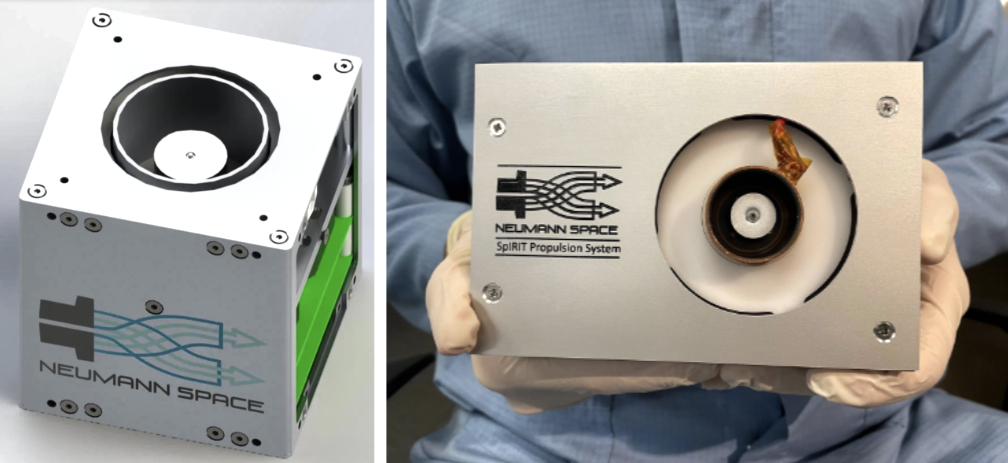
 with the
with the 